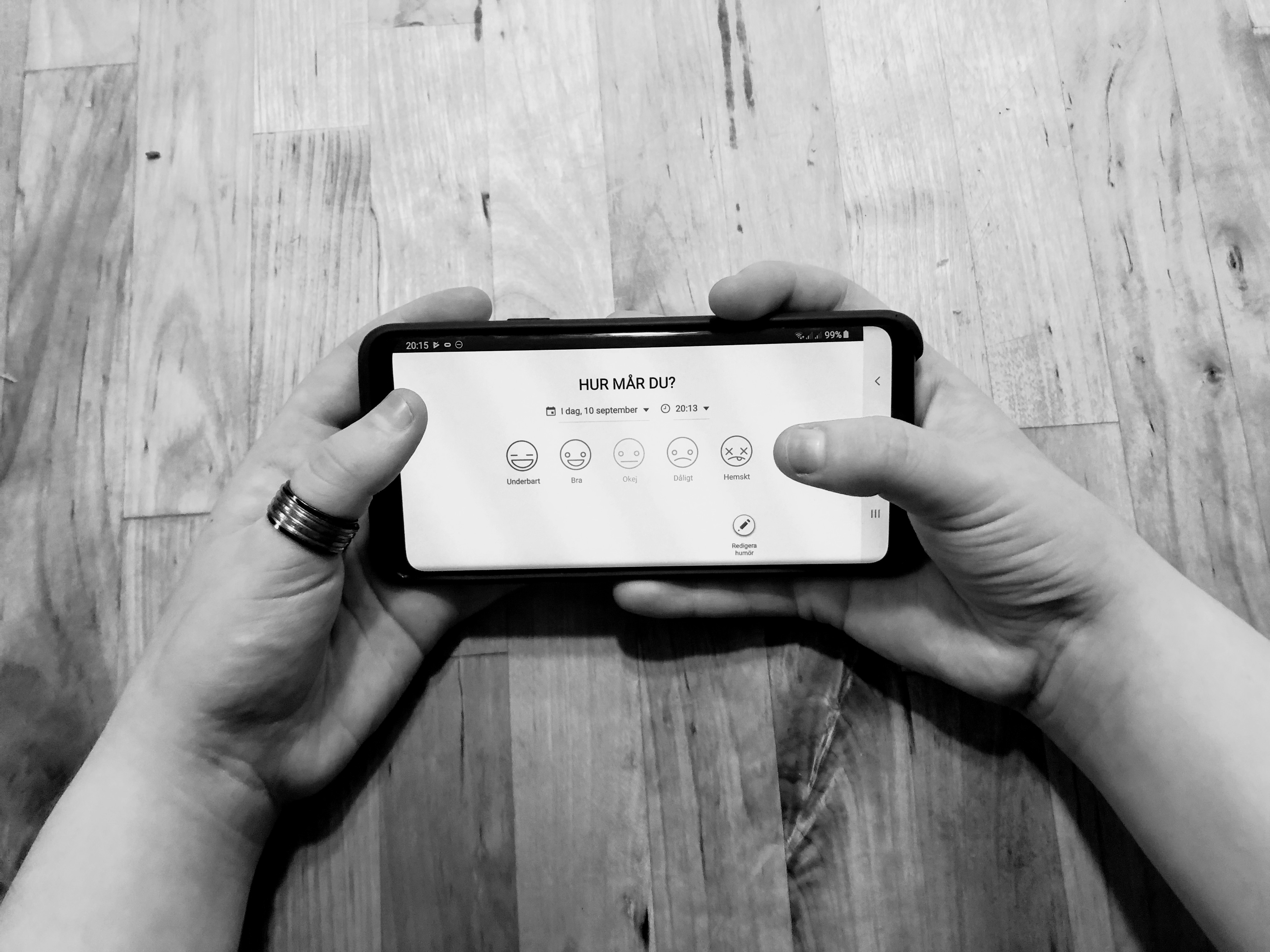Online Consultations in Mental Healthcare During the Covid-19 Outbreak: An International Survey Study on Uptake and Experiences
While the general uptake of e-mental health interventions remained low over the past years, physical distancing and quarantine measures relating to the COVID-19 pandemic created a need and demand for online consultations and telepsychology in only a matter of weeks. In a new study we investigated the uptake of online consultations provided by mental health professionals … Läs mer!









